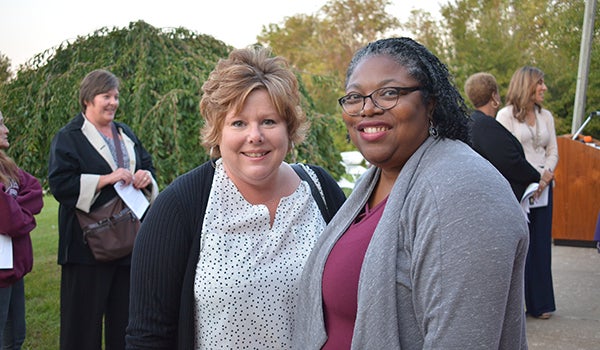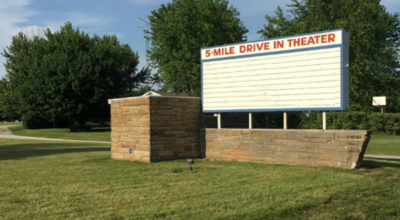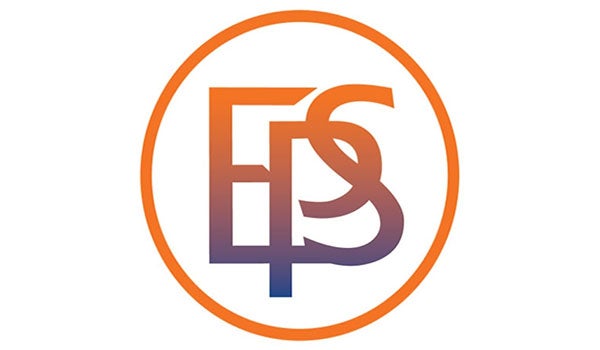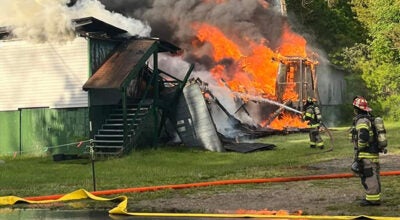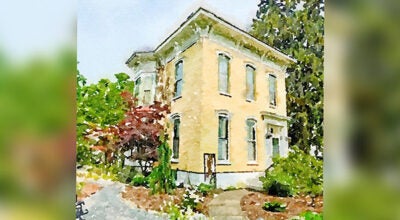DASAS hosts vigil for victims of domestic violence
Published 7:35 am Thursday, October 10, 2019
CASSOPOLIS — Just as darkness was settling over Cassopolis Tuesday, a circle of community members, law enforcement officials and nonprofit leaders lit small, white candles, illuminating the lawn of the Cass District Library.
The flames flickered in the wind as a long list of names was read aloud — Dr. Harvey Wilkes, Diane Lynn Cain, Tonia Clark. The list went on, each name sharing one thing in common: their owners had lost their lives to domestic violence.
In honor of Domestic Violence Awareness month, Domestic and Sexual Abuse Services, which provides programs and services in Cass, St. Joseph and Van Buren counties, hosted its annual candlelight vigil in Cass County to honor victims of domestic violence in southwest Michigan. During the vigil, DASAS staff, board members and survivors of domestic abuse spoke, highlighting the importance of raising awareness about domestic violence.
“Tens of thousands of men and women have died as a result of domestic violence and hundreds of thousands have been injured,” said DASAS Executive Director Rose Ludwick. “I do believe domestic violence is a public health crisis. We need to bring awareness to the topic, so people are not afraid to talk about it and to give a voice to those who can’t or may not have that voice.”
At this year’s event, DASAS board member Dan Moyle served as one of the evening’s speakers to raise awareness about how domestic violence affects men.
Nationwide, one in nine men experience severe intimate partner physical violence, intimate partner contact sexual violence, and/or intimate partner stalking with impacts such as injury, fearfulness, post-traumatic stress disorder, use of victim services or contraction of sexually transmitted diseases, according to the National Coalition Against Domestic Violence.
“It’s come to our attention that male survivors tend to be underserved in this arena,” Ludwick said. “It’s kind of a stigma for men to come out as survivors of domestic violence and assault, so they are more reluctant to talk and, therefore, more reluctant to seek help. We want to erase that stigma, erase that shame that overshadows men who speak out.”
In his address to the audience, Moyle said men are not the problem of domestic violence, but they are the solution.
“I didn’t fully understand that statement until I got involved with Domestic and Sexual Abuse Services,” he said, leaning into the microphone. “It’s normal for us to talk about domestic violence with female pronouns because so many survivors we see are women in the world and their assailants are men. … But we know that victims aren’t only women. Men are victims, too, both at the hands of female and male abusers.”
Through his work at DASAS, Moyle said he has come to realize that men should not feel ashamed when discussing domestic violence, and should know that DASAS serves male survivors as well as female survivors. Though men may fear being judged or not being believed if they come forward, Moyle said men should know that they are not alone and that there are resources available to them.
“Domestic violence happens to men in both heterosexual and same-sex relationships. It happens to men of all cultures, all stations in life, regardless of age,” he said. “[DASAS] wants to end domestic violence for everyone by shining a light on it.”
After the speeches were done, the list of names read and the candles blown out, DASAS officials said they hoped those who attended the vigil would continue to raise awareness about domestic violence and honor victims not just during Domestic Violence Awareness Month, but all year long.
“I think it is important to recognize the victims and honor them and never to forget and to remember their names,” Ludwick said. “It’s a small representation of the tens of thousands of those that suffer at the hands of domestic violence.”


